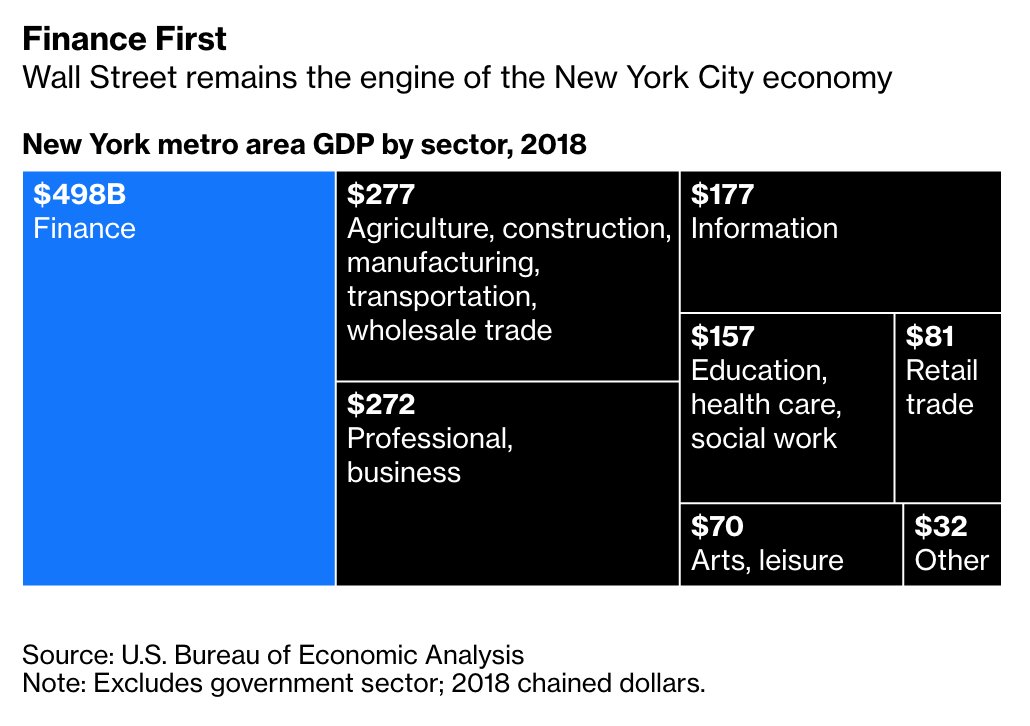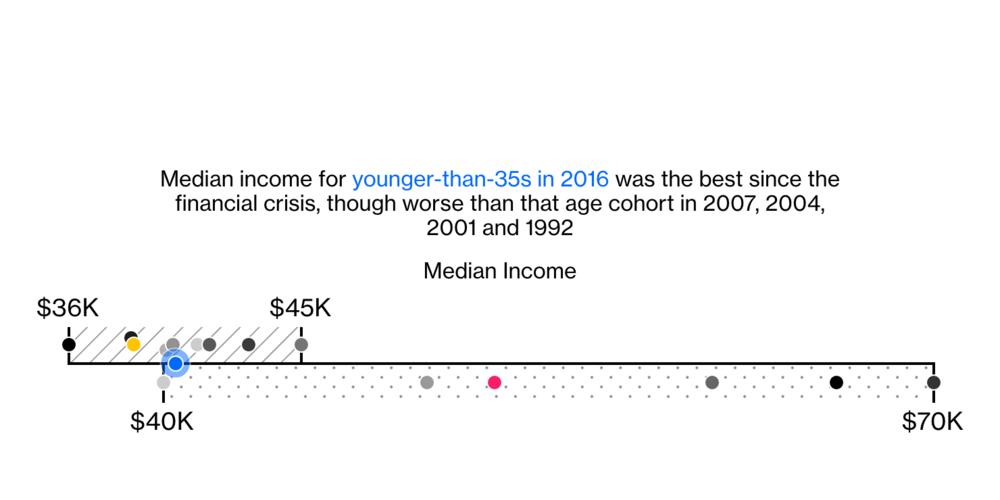
YELLEN: "In fact, I think we may see a return to full employment next year."
POWELL: "Our best view is that the effect on inflation will neither be particularly large nor persistent."
Janet Yellen getting her first round of combative questions from Republican congresswoman Ann Wagner.
Also asked Powell about "obvious inflationary pressures," citing lumber and gasoline prices.
Also asked Powell about "obvious inflationary pressures," citing lumber and gasoline prices.
Interesting that Powell was more than willing to take the baton from Yellen and hop into a climate change discussion with Florida Republican Bill Posey.
"In your opening statement, which I'm sure was written by your staff..." Rep. Blaine Luetkemeyer of Missouri says to Janet Yellen.
"Please tell your staff to quit politicizing your statement and please stop taking liberties with the facts."
whew, ok then
"Please tell your staff to quit politicizing your statement and please stop taking liberties with the facts."
whew, ok then
Luetkemeyer asked no questions of Yellen, only Powell.
*YELLEN: NO CURRENT PLANS TO LENGTHEN MATURITY OF GOVT. DEBT
Last week I pondered what would happen if the Treasury just stopped selling long-term debt altogether.
bloomberg.com/opinion/articl…
Last week I pondered what would happen if the Treasury just stopped selling long-term debt altogether.
bloomberg.com/opinion/articl…
lol from the Bloomberg TopLive:
03/23 14:14
Loudermilk associates himself with Larry Summers’s criticism of the latest big fiscal package.
03/23 14:14
We lost Loudermilk’s feed, it would appear.
03/23 14:14
Loudermilk associates himself with Larry Summers’s criticism of the latest big fiscal package.
03/23 14:14
We lost Loudermilk’s feed, it would appear.
• • •
Missing some Tweet in this thread? You can try to
force a refresh








